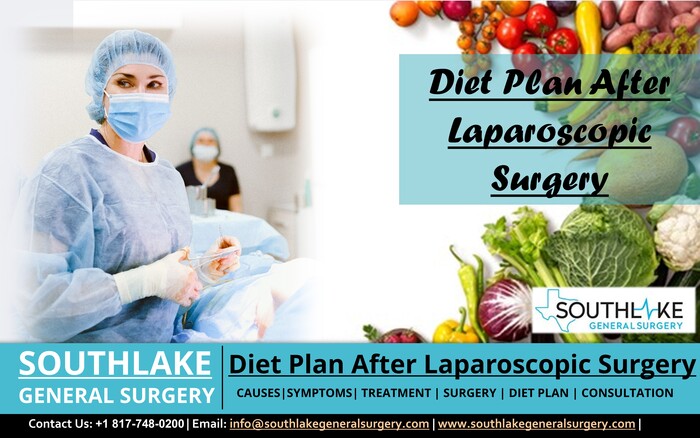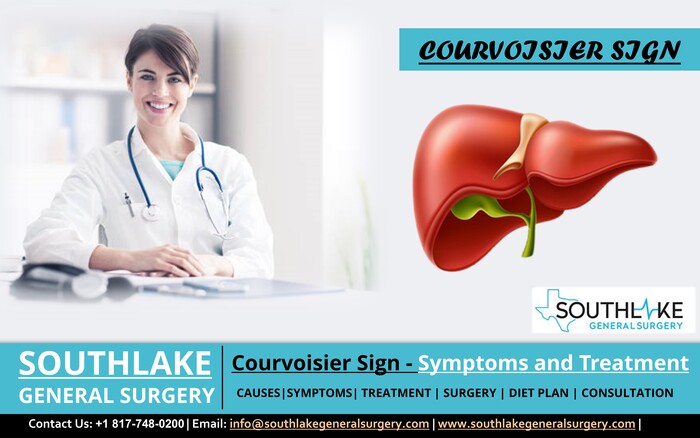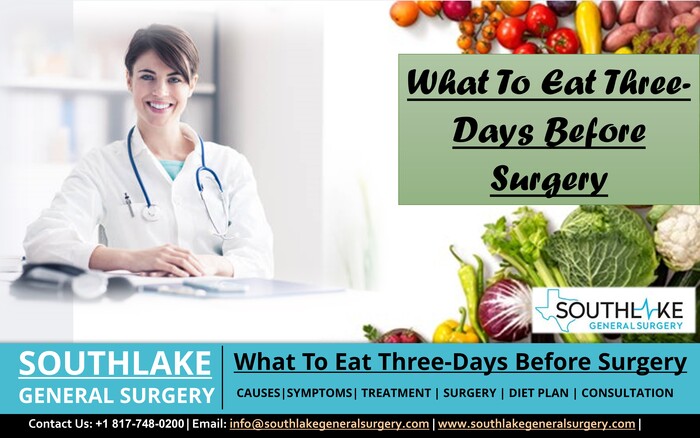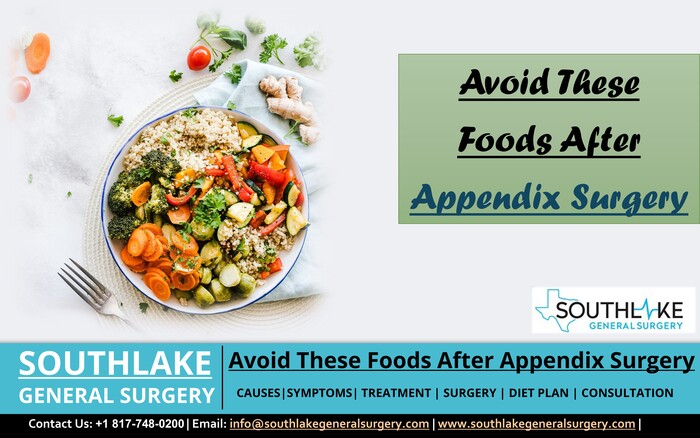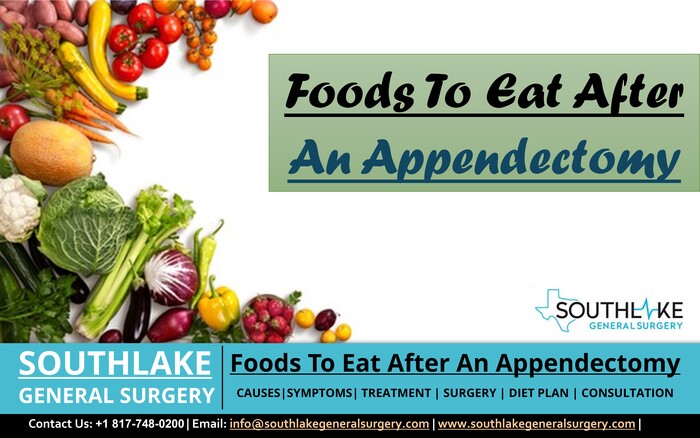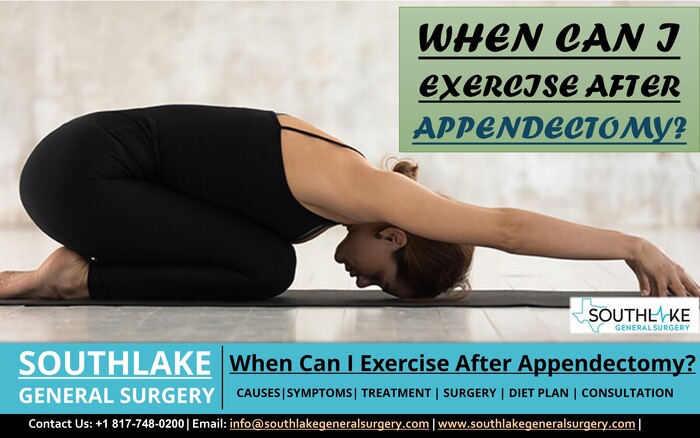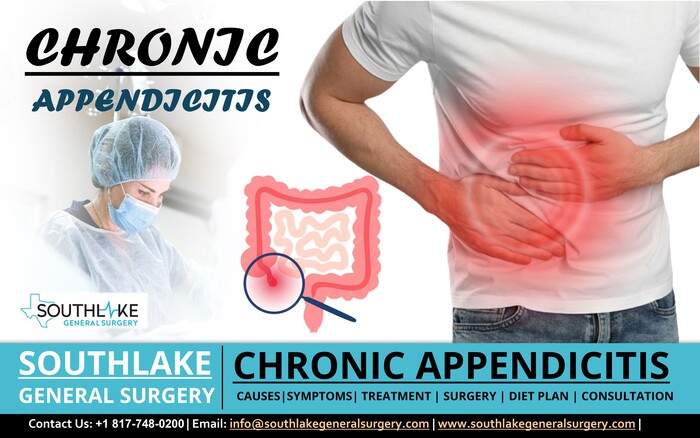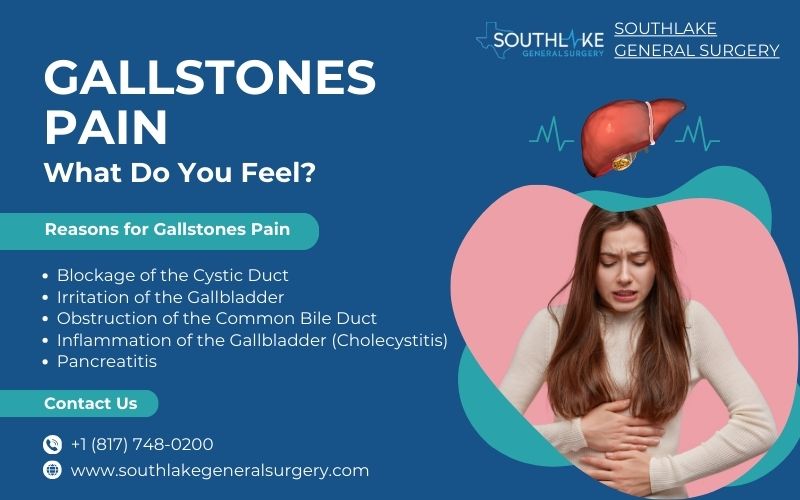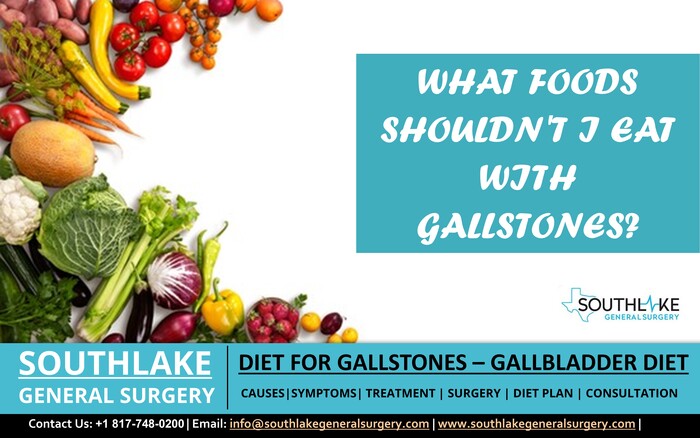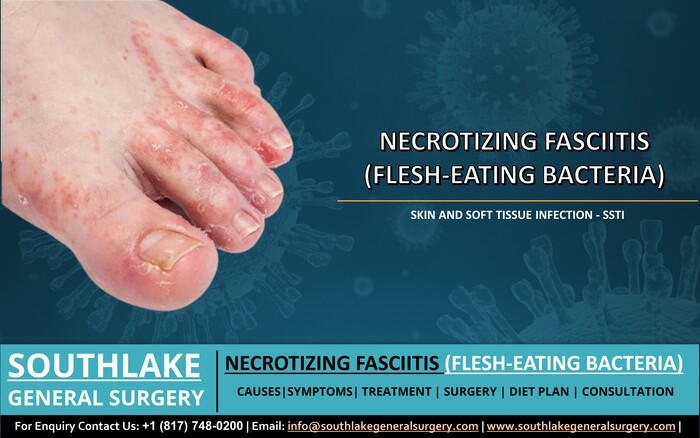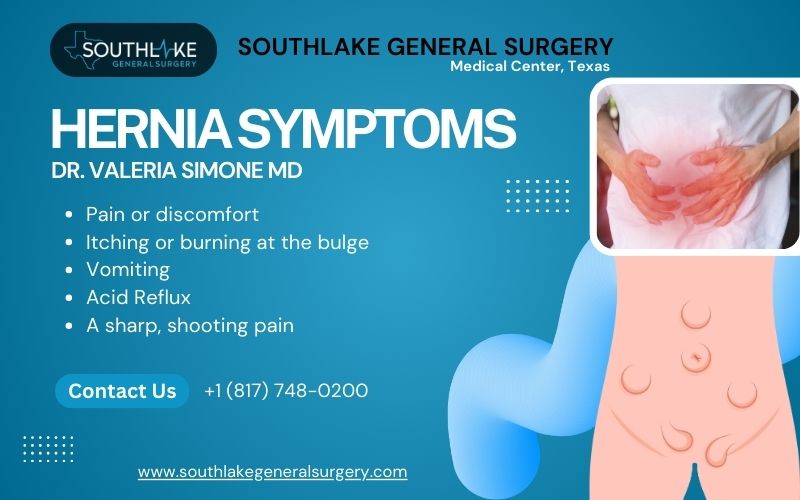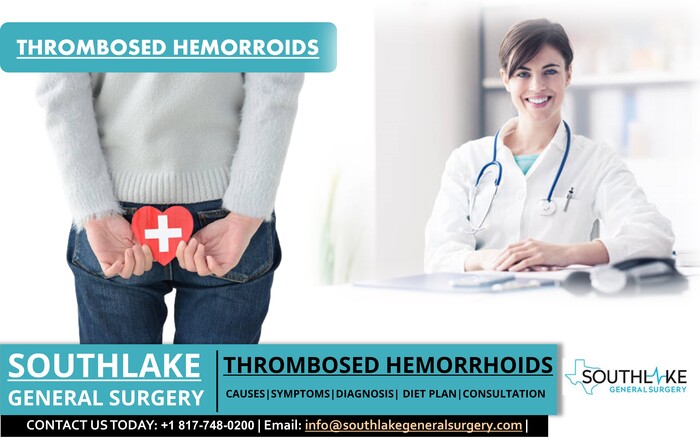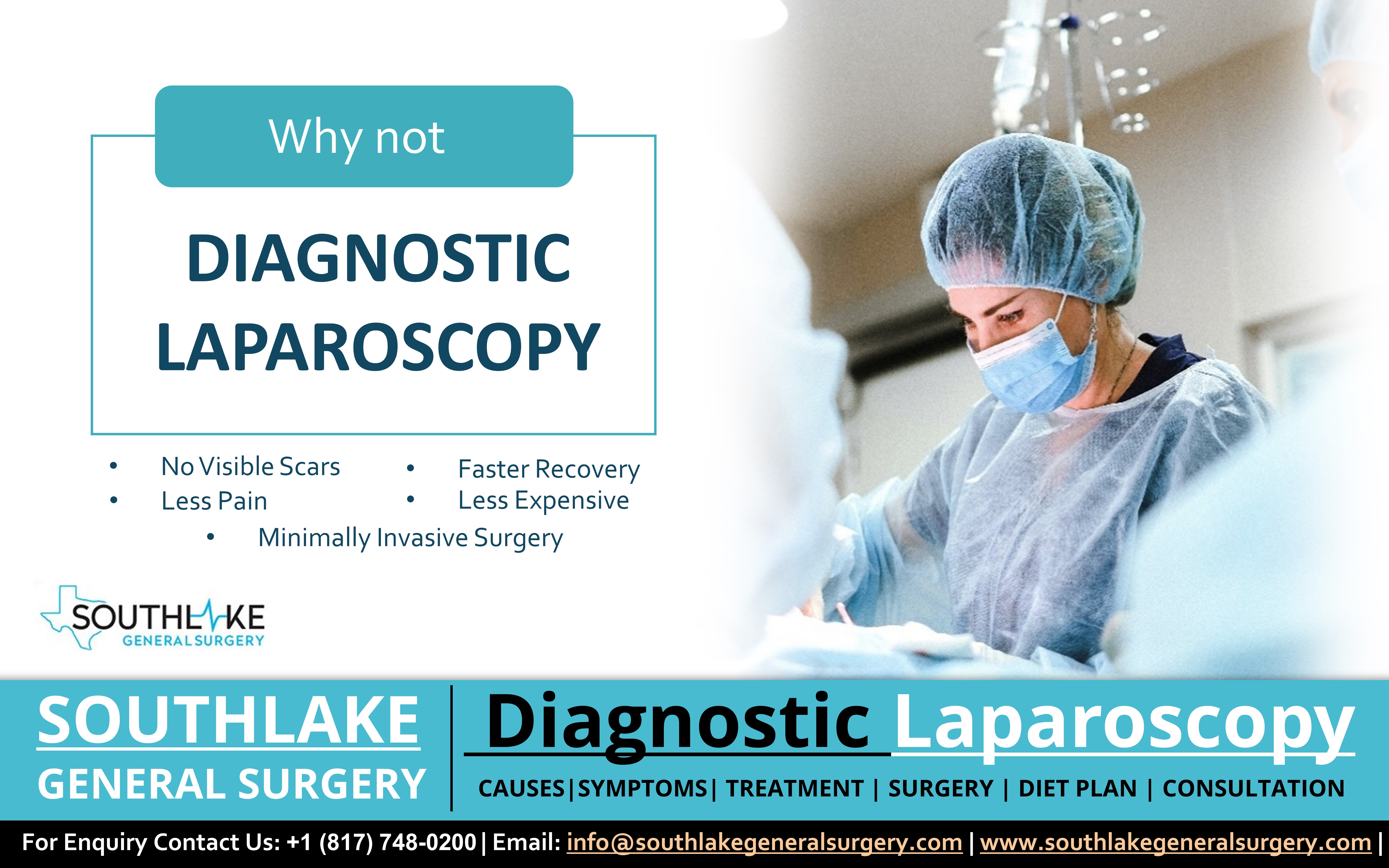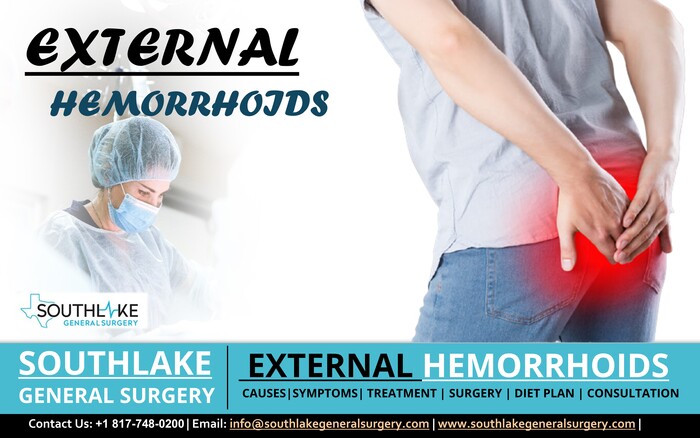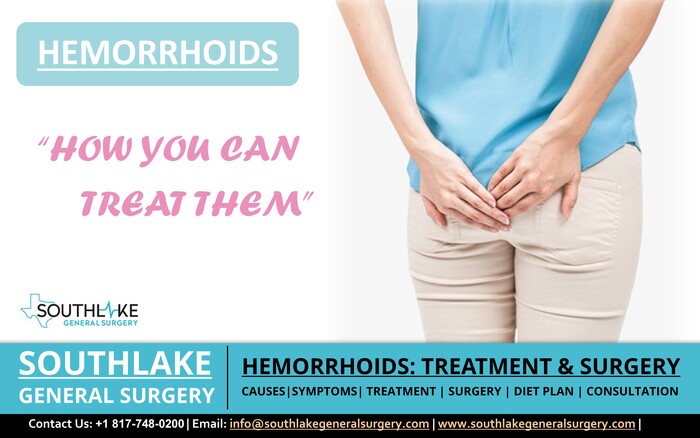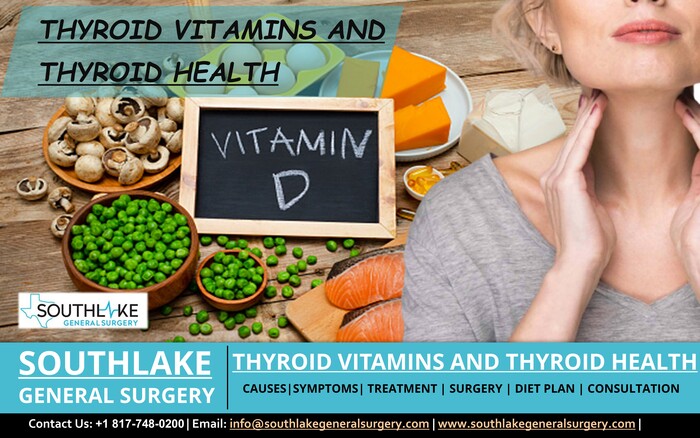A laparoscopy can be nerve-wracking but knowing what diet plan after laparoscopic surgery needs to follow might help. An incision is made in the patient’s abdominal wall, and a laparoscope with a small camera on the top is inserted through it to view the internal organs and guide the surgeon.
Read More →
Gallbladder enlargement owing to bile build-up is known as the Courvoisier sign or Courvoisier’s law. It’s common in these cases to be able to view or feel the gallbladder through the skin.
Read More →
What To Eat Three Days Before Surgery is one of the questions that patient usually asks prior to their surgery. Healthy food to eat three days before surgery helps patients to overcome certain challenges that may occur during the operation. Surgical procedures can be lifesaving and healing, but every surgical procedure has its merits and demerits.
Read More →
You should Avoid These Foods After Appendix Surgery to reduce abdominal pain and improve digestion, even if your appendix does not play a significant role in digestion and you may not need to make any permanent adjustments to your diet.
Read More →
An obstruction in the appendix is a common cause of appendicitis. To completely recover from appendix surgery, it is recommended that you adhere to a certain diet and follow your doctor’s instructions on Foods to Eat After an Appendectomy.
Read More →
When the appendix becomes infected and causes severe discomfort, an appendectomy is often the only option for treatment. It’s vital that you get plenty of sleep and take adequate rest for a while after surgery so that your body can recover.
Read More →
As a medical problem, chronic appendicitis is exceptionally uncommon. In addition to their subtlety and sporadic nature, the symptoms might make a diagnosis challenging. Abdominal pain is the most typical sign. An appendix obstruction or inflammation is most likely the root of the problem. Obtaining a proper diagnosis is crucial since this medical condition can be fatal.
Read More →
Gallstones Pain- what do you feel? – when you experience gallstone pain it is something intense, sudden, and severe. Gallstones, or solidified deposits of digestive fluid, are the most prevalent cause of gallbladder pain.
Read More →
The gallbladder is a small organ that helps digest food and absorb nutrients. It is located on the right side of the body, underneath the liver, and just above the small intestine. Let’s understand more about “What Food Shouldn’t I eat with Gallstones?
Read More →
Necrotizing fasciitis, also known as flesh-eating bacteria, is a group of bacteria that cause severe Skin and Soft Tissue Infections (SSTI). The bacteria cause tissue to die, which causes large areas of skin to become discoloured and to become painful, red, and swollen.
Read More →
Hernia symptoms typically appear out of nowhere and can cause excruciating amounts of discomfort. If you have a hernia, you may experience pain or discomfort in your abdomen, groin, or belly area.
Read More →
Thrombosed hemorrhoids are swollen hemorrhoids that have turned blue, purple, or black. They rarely bleed or cause pain on their own, but when they become large enough, they can cause severe discomfort and even blood loss.
Read More →
Diagnostic laparoscopy is a technique to examine the reproductive organs and abdominal organs. This procedure helps in biopsies, such as the collection of tissue samples for tests and diagnosis of various medical disorders. A laparoscopy procedure is a safe surgical method with low risks.
Read More →
External hemorrhoid, also known as Hemorrhoidal disease, is a condition where hemorrhoid, or enlarged blood vessel, is outside the anal sphincter (rectum and anal canal). It is often known as piles and common ailments. Hemorrhoids cause swelling in the associated area but are not themselves, a medical condition.
Read More →
Hemorrhoids are swollen veins in the anus or rectum also known as piles. They are often painful and can be caused by constipation, straining during bowel movements, and lying on the anus for too long. They can also be caused by a pregnancy, varicose veins, and other conditions.
Read More →
Thyroid vitamins and minerals are a group of dietary supplements designed to help people with hypothyroidism, also called underactive thyroid.
Read More →
